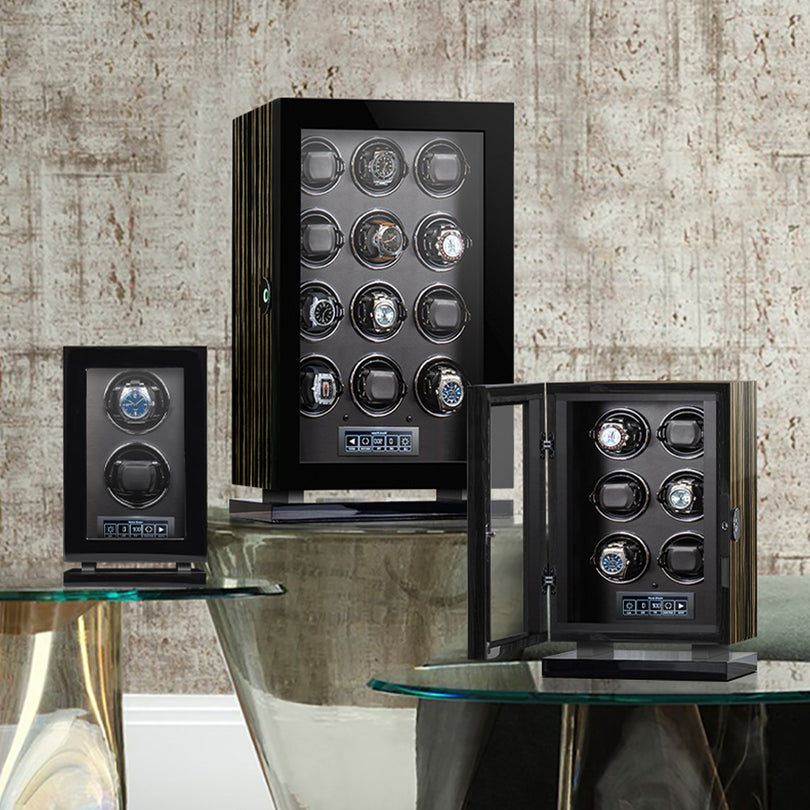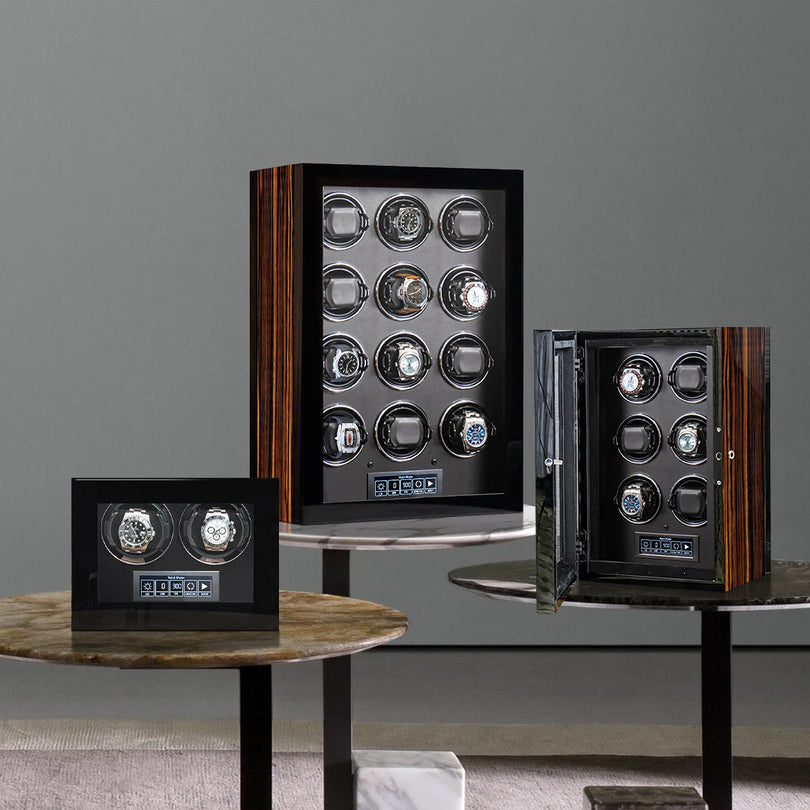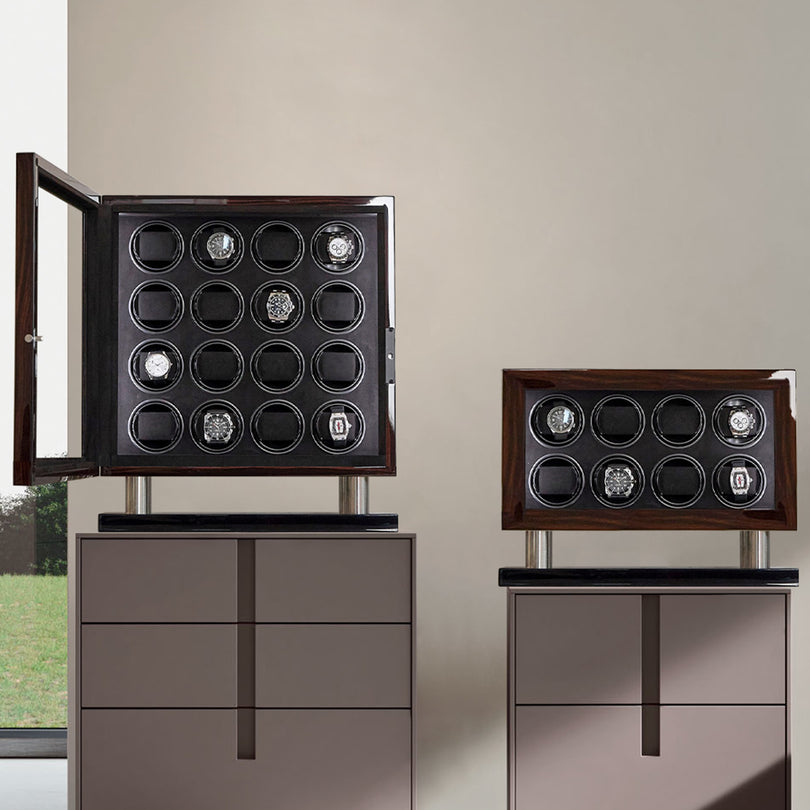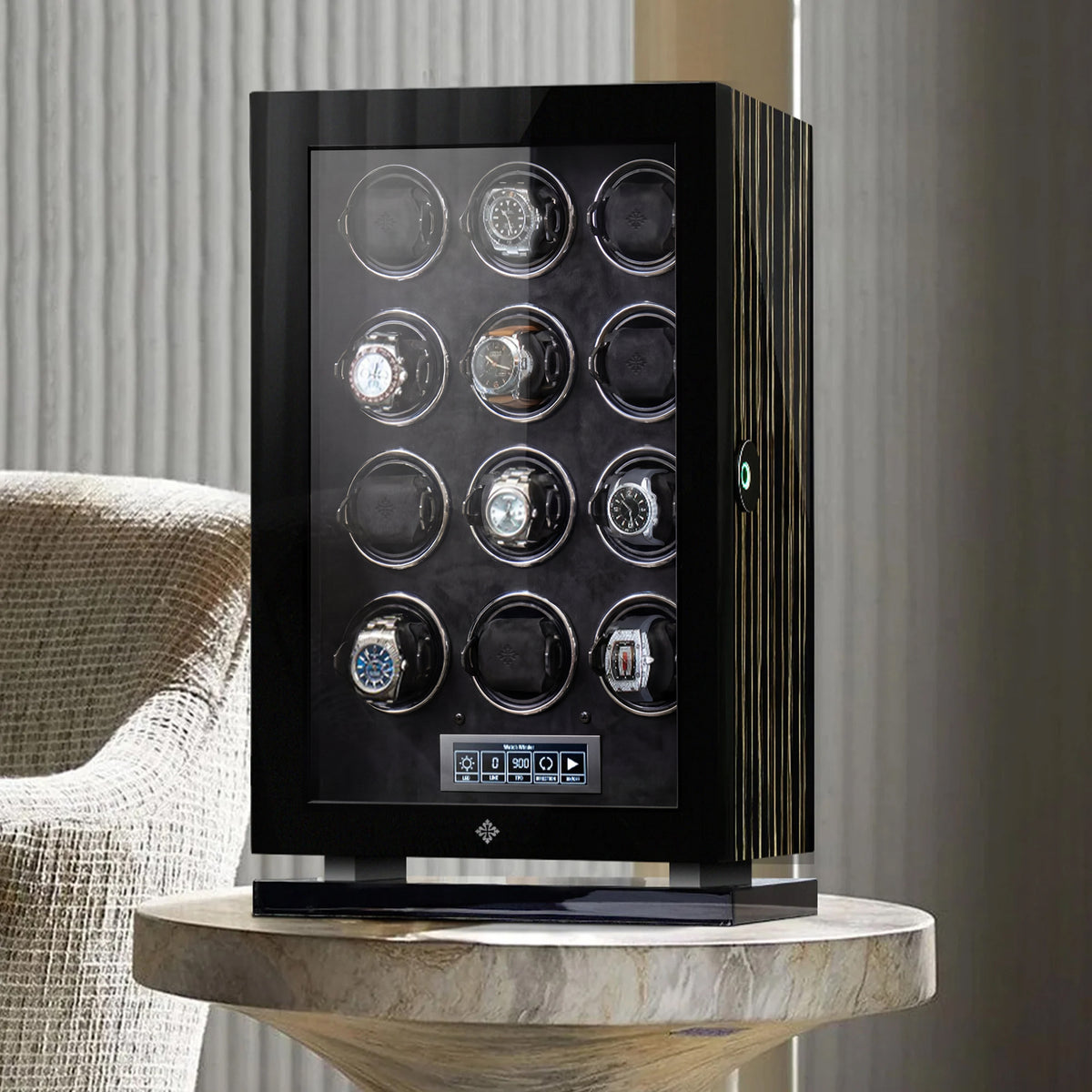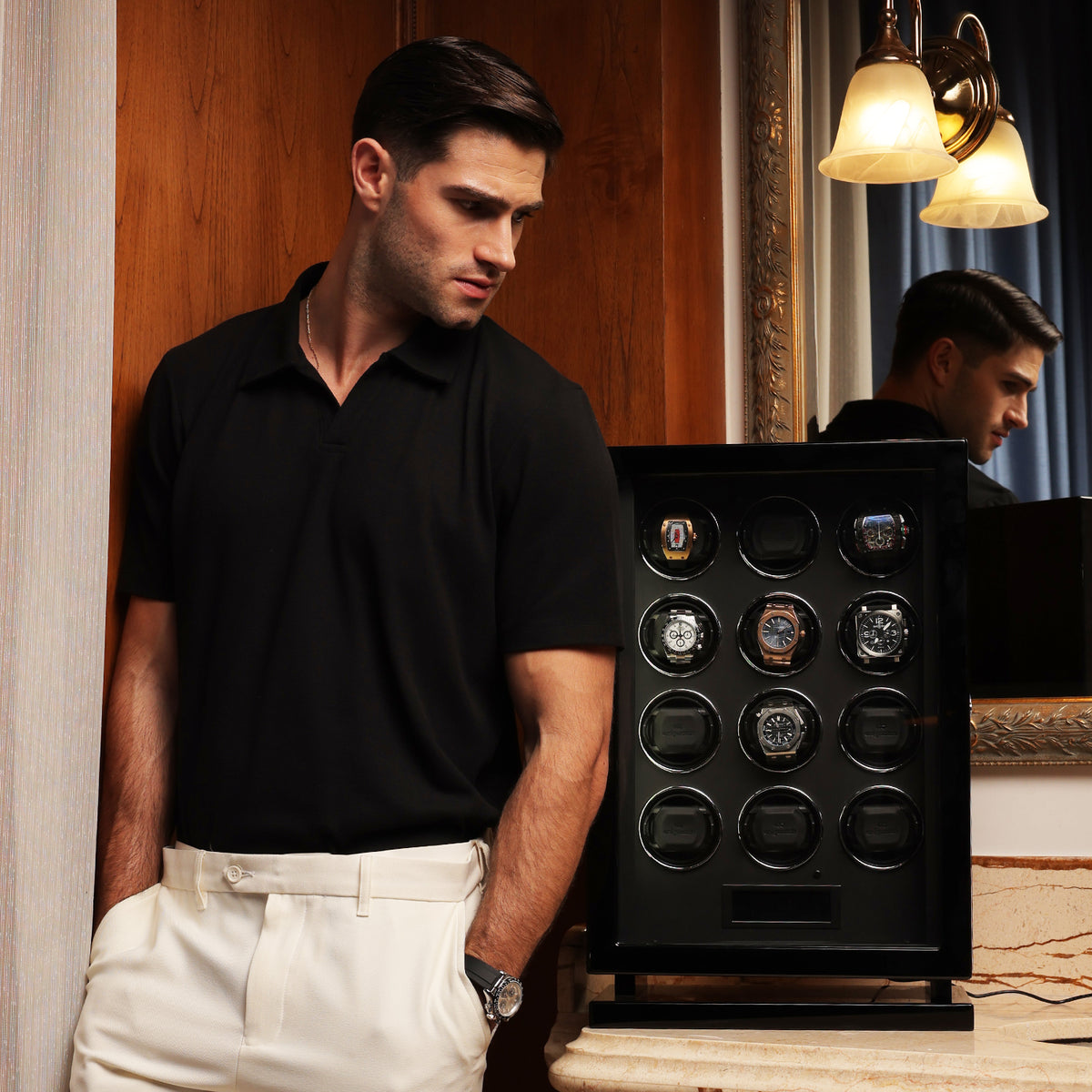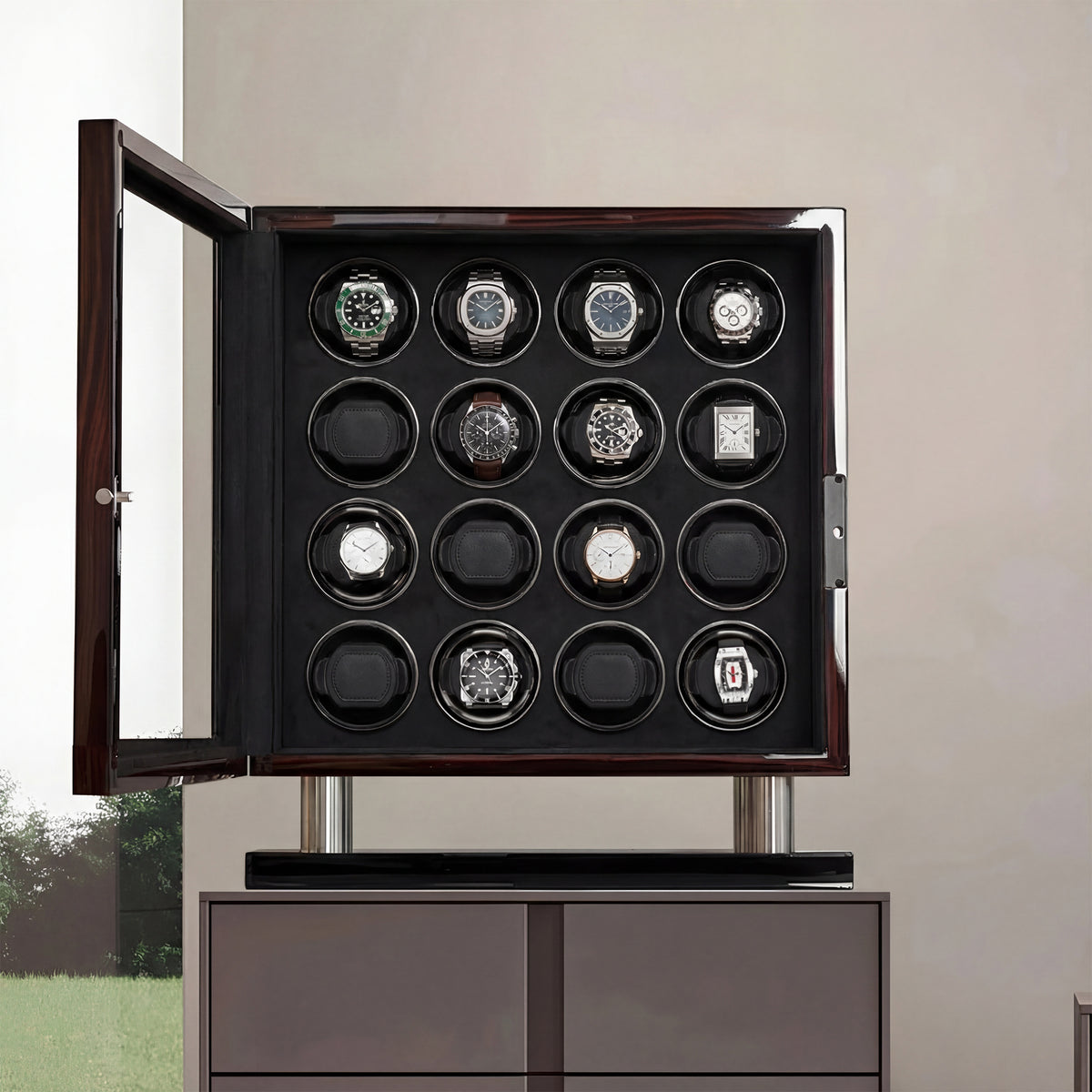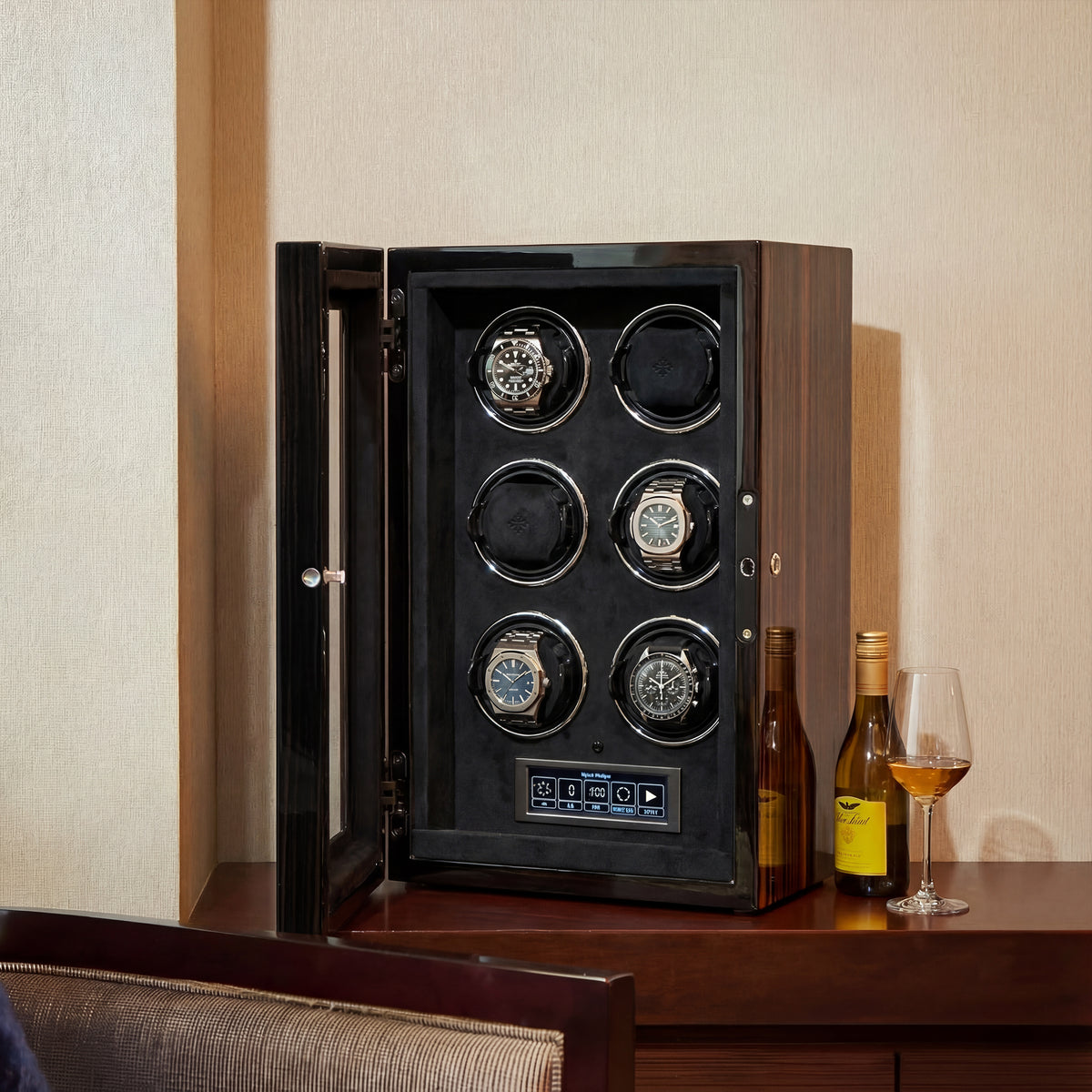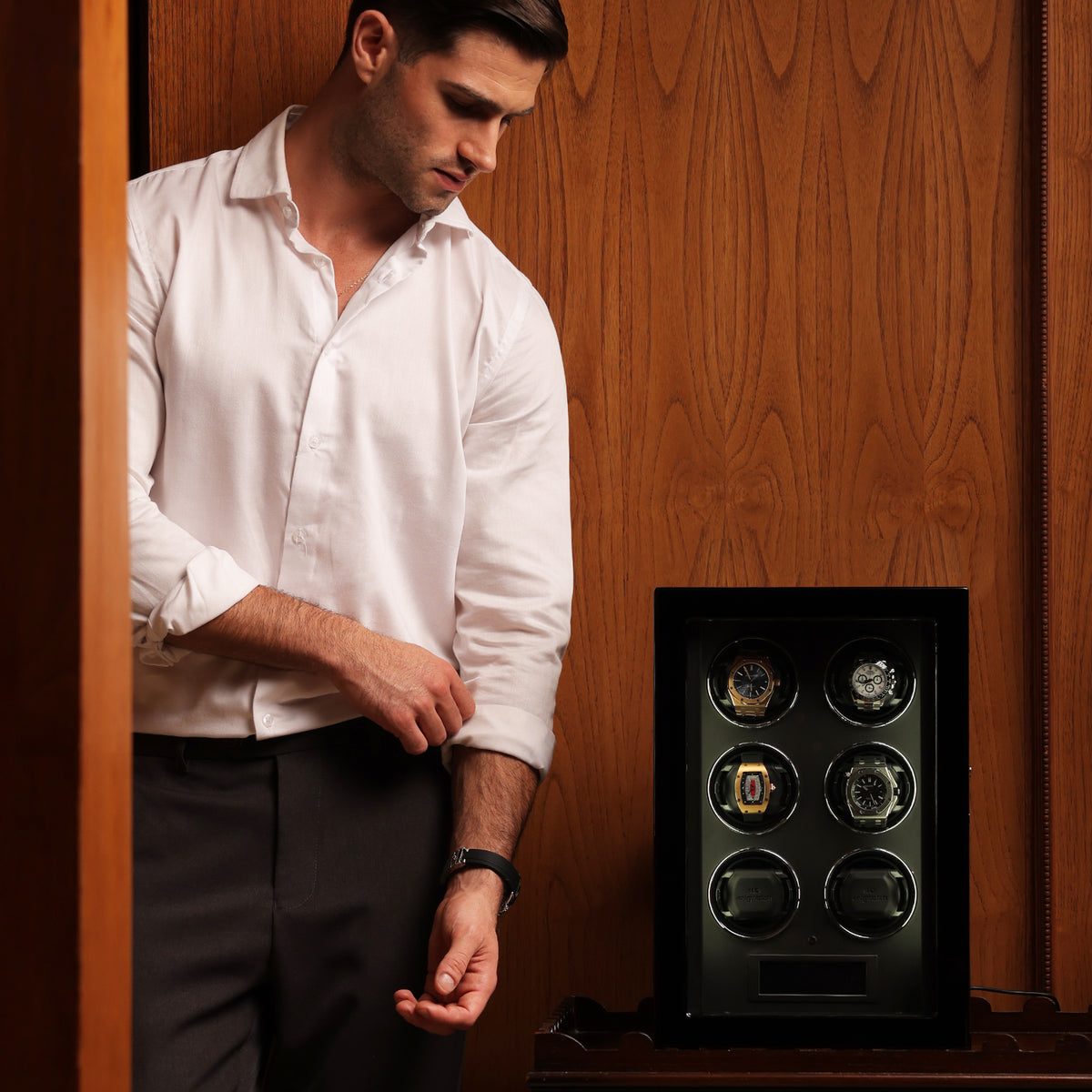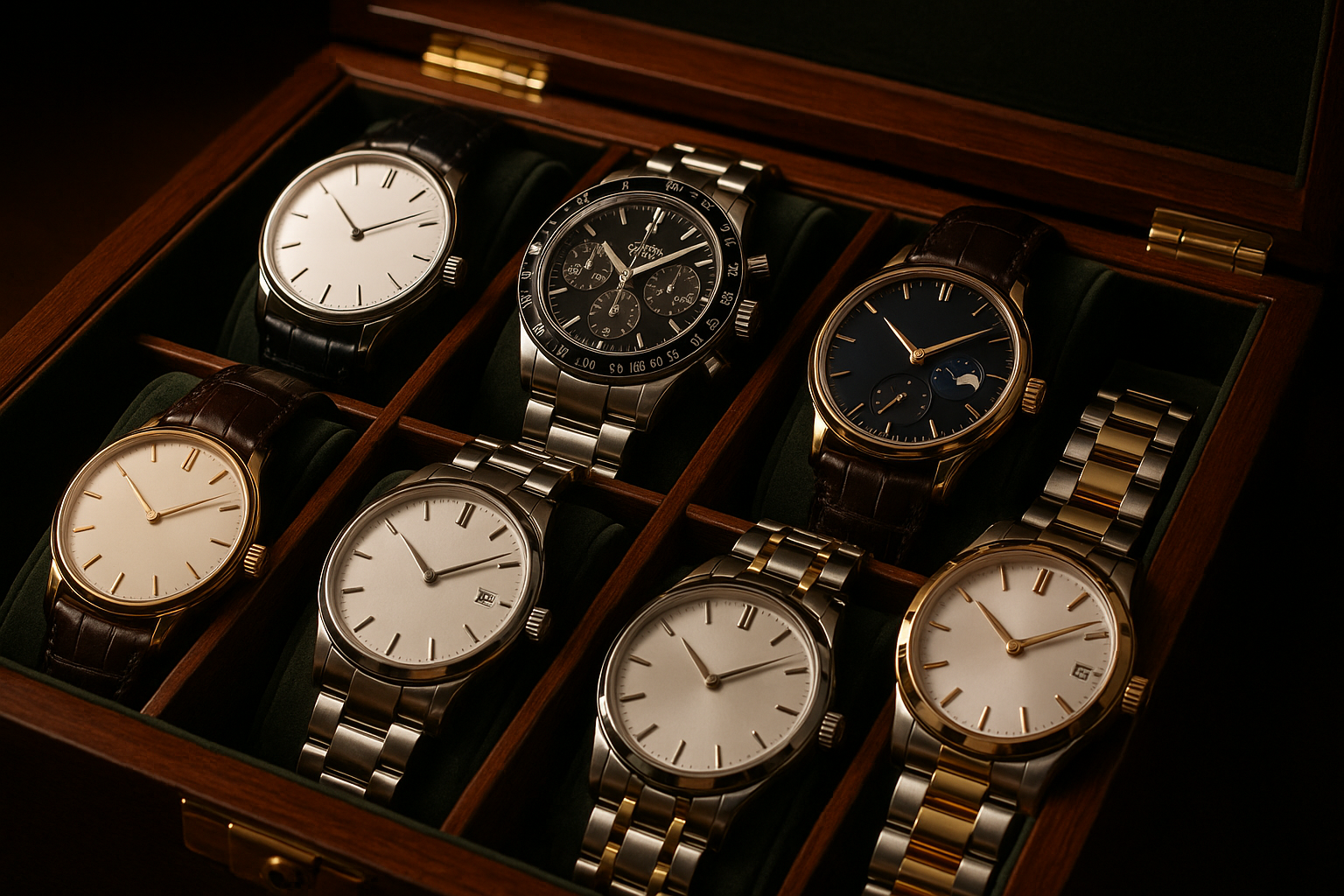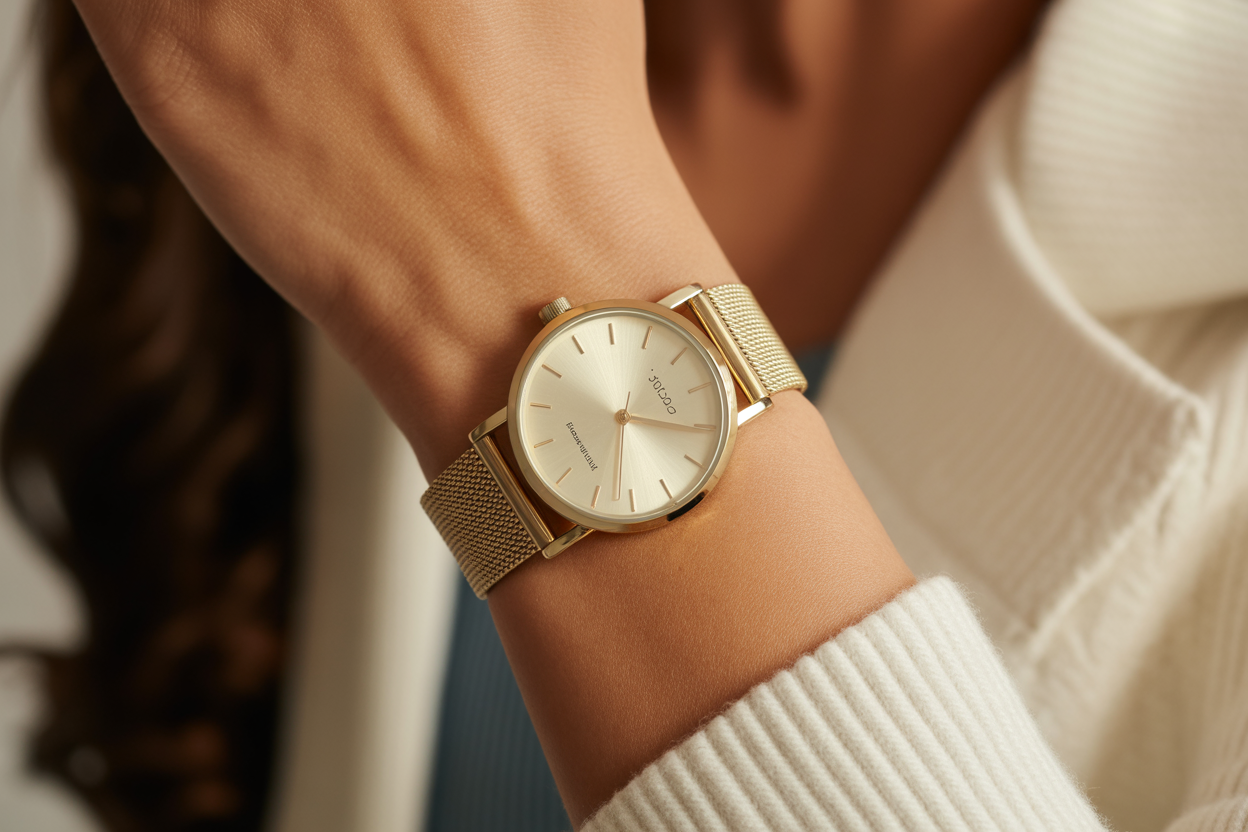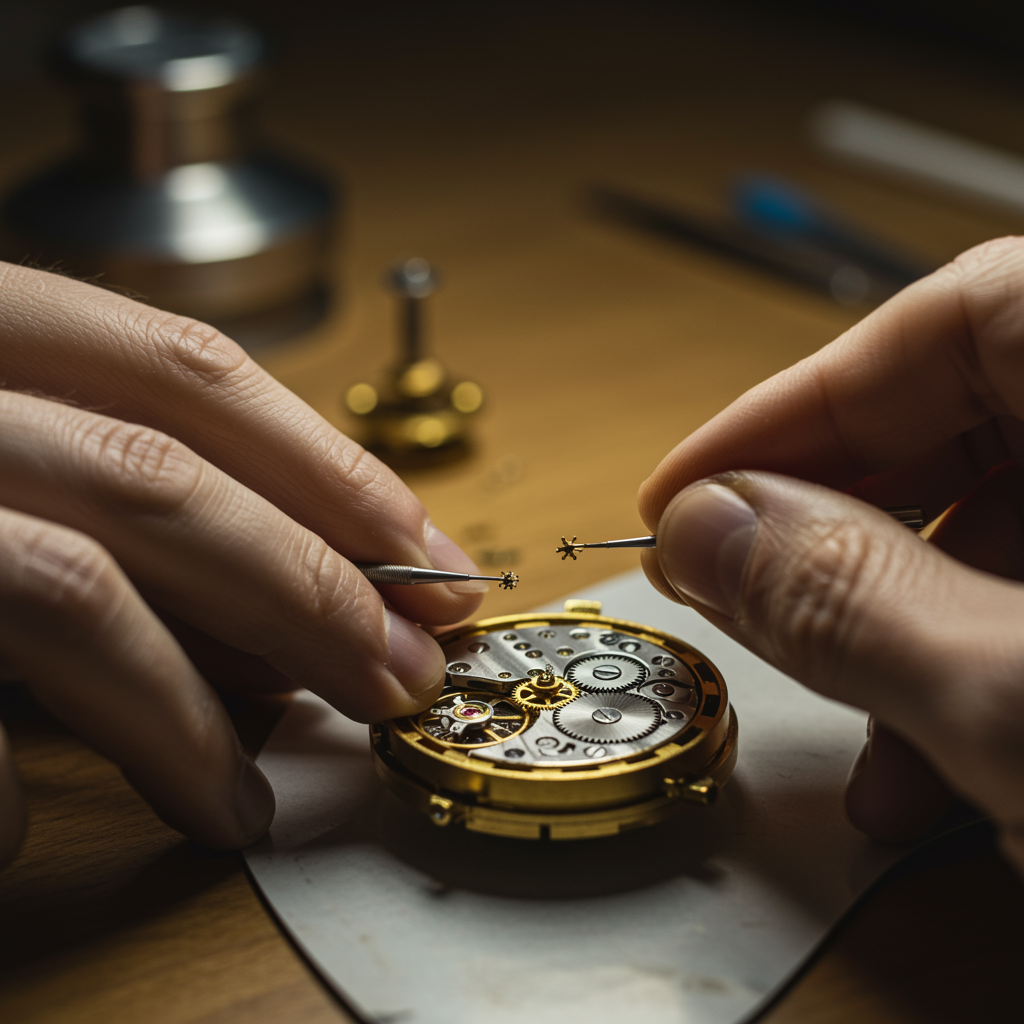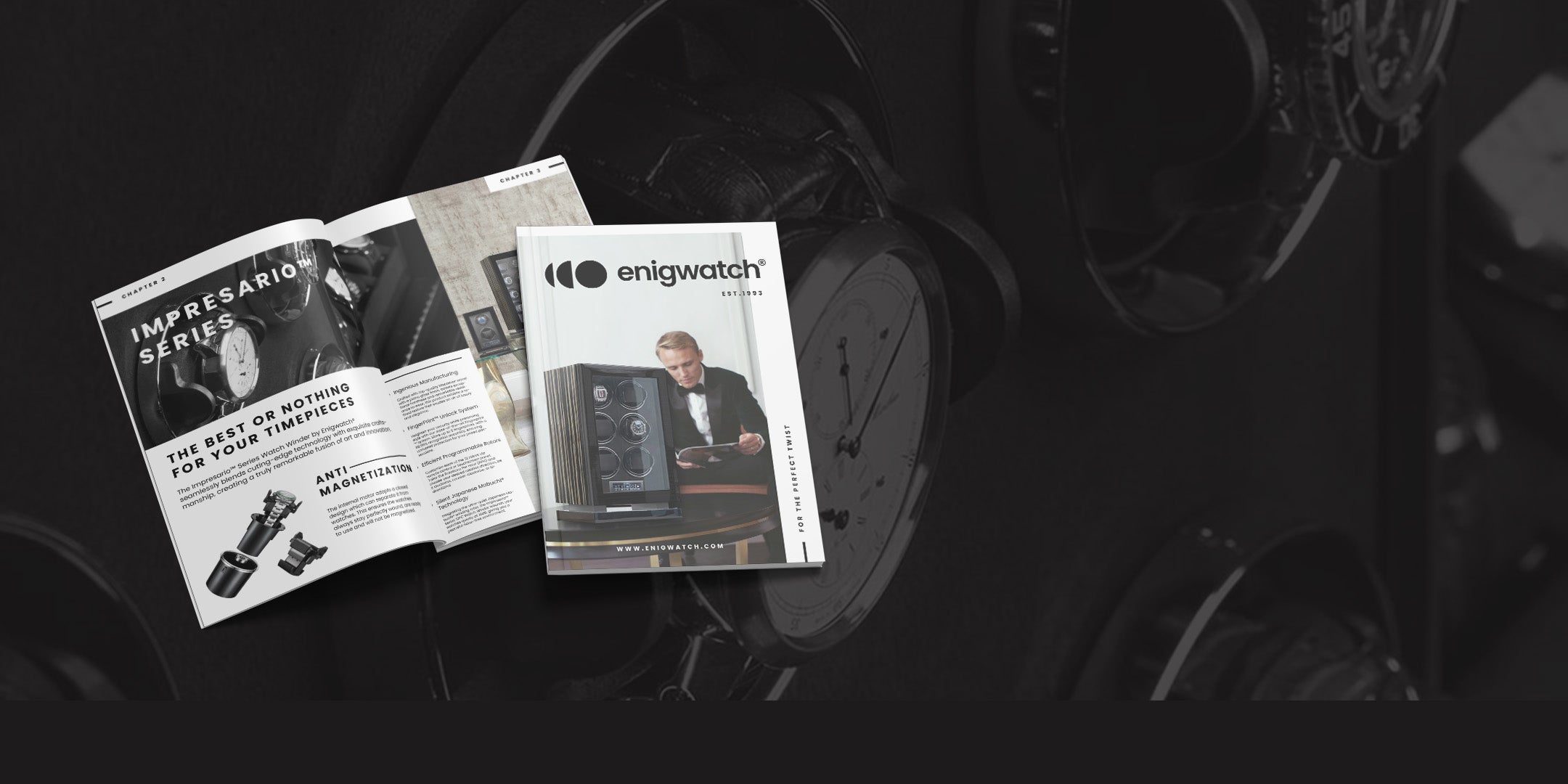Wristwatches have come a long way since their inception in the 1800s, evolving into indispensable tools and timeless fashion statements. If you're currently in the market for a new watch, understanding the difference between manual and automatic watches is key. Each option has its own set of advantages and considerations, making it crucial to explore your choices before making a purchase. Let's break down the showdown between manual vs automatic watch.
Are you intrigued by the inner workings of a watch, or do you prefer a timepiece that effortlessly performs its job without requiring your attention? Manual and automatic watches cater to different needs and expectations, and in this article, we'll delve into their mechanics, helping you determine which one best fits your lifestyle, preferences, and investment.
You might also like: 5 Best Watches Under $3000
The Fascinating World of Manual Watches

Manual watches, also known as hand-wound watches, harken back to the roots of watchmaking. These timepieces require regular winding by manually turning the crown to power the movement. The act of winding a manual watch carries a certain charm and connection to the intricate mechanisms inside. It becomes a ritual, a moment to pause and appreciate the craftsmanship and artistry involved in the watch's creation. For those who value tradition, engagement, and the tangible connection to their timepiece, a manual watch offers a truly immersive and hands-on experience.
Pros:
- Hands-on engagement and connection to the watch's mechanics
- Traditional and timeless appeal
- Often more affordable compared to automatic watches
- Require less maintenance and servicing
- Slimmer profile and lighter weight
Cons:
- Need to manually wind the watch regularly
- Inaccurate timekeeping if not wound consistently
- More susceptible to damage if over-wound
- Requires more attention and involvement from the wearer

In contrast, automatic watches epitomize modern convenience and innovation. Equipped with a self-winding mechanism, these watches harness the natural motion of your wrist to keep the watch running. As you go about your daily activities, the rotor inside the watch swings back and forth, winding the mainspring and storing energy.
This eliminates the need for manual winding, providing a hassle-free experience that seamlessly integrates into your lifestyle. Automatic watches offer the allure of effortless functionality, allowing you to wear and enjoy the watch without the need for regular attention or winding.
Pros:
- Self-winding mechanism eliminates the need for manual winding
- Convenient and hassle-free timekeeping
- Constant power supply as long as the watch is worn regularly
- Suitable for active lifestyles
- Offers a wider variety of designs and styles
Cons:
- Generally more expensive than manual watches
- Regular servicing and maintenance required
- Heavier and bulkier due to additional mechanisms
- Can be inaccurate if not worn consistently or if movement is minimal
- Limited power reserve if the watch is not worn for an extended period
You might also like: 5 Best Watches Under $20000 for Men
Is Automatic Better than Manual Watch?
Automatic watches last longer than manual timepieces. Because you don't have to wind them often, it's logical that wear and tear take longer to occur, as opposed to manual watches, which you have to wind virtually every day.
Automatic vs Manual vs Quartz Watch?
Automatic watches are often celebrated for their craftsmanship. They operate through the movement of the wearer’s wrist, winding themselves as they are worn. This makes them convenient, as they don't require regular manual winding. However, they must be worn regularly or placed in a watch winder to keep running.
On the other hand, manual watches, also known as hand-wound watches, require the wearer to wind the watch manually. This process involves turning the crown to wind the mainspring, which powers the movement. While this might seem like a chore to some, many enthusiasts appreciate the ritualistic aspect of winding their watch, connecting them to the intricate mechanics within.
Finally, quartz watches stand out for their precision and low maintenance. Powered by a battery, they use a quartz crystal to regulate timekeeping, making them incredibly accurate compared to their mechanical counterparts. Additionally, quartz watches don't require winding and often have a longer lifespan between services.
Understanding these differences helps in choosing the right watch that aligns with your preferences and lifestyle. Whether you value the tradition of manual winding, the convenience of automatic movements, or the precision of quartz, each type has its own unique appeal.
Considerations for Your Decision:
When choosing between a manual and automatic watch, several factors should be taken into account. Take a look at the points below:
1. First and foremost is your personal preference. Do you enjoy the engagement and connection that comes with manually winding a watch, or do you prefer the ease and convenience of an automatic timepiece?
2. Additionally, consider your lifestyle and daily activities. If you lead an active and dynamic lifestyle, an automatic watch may be the ideal choice, as it will continue to function as long as you wear it regularly. On the other hand, if you appreciate the craftsmanship and ritual of winding a watch and don't mind the occasional winding, a manual watch can be a rewarding choice.
3. Furthermore, budget and maintenance are important considerations. Manual watches tend to be more affordable and require less maintenance, as they have fewer moving parts. Automatic watches, on the other hand, often come at a higher price point due to their intricate mechanisms and require regular servicing to ensure accurate timekeeping.
You might also like: 5 Best Rolex Watches Under $5000 : Affordable Elegance
Choosing the Best: Manual vs Automatic Watch
Both automatic and manual watches have their advantages, and both will find buyers among those with certain tastes and lifestyle requirements. In general, manual watches are more popular among individuals who value tradition, whereas automatic watches are more popular among those who value convenience.
Based on this, which one suits your style better?

